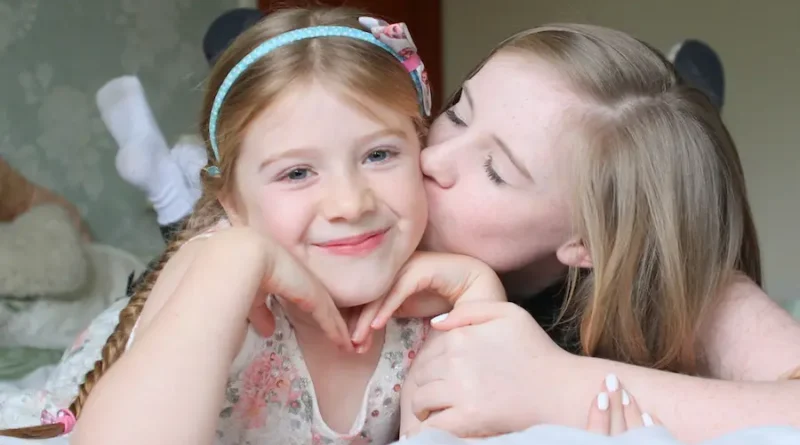Sibling Rivalry or Sibling Bond? Navigating the Ups and Downs
Siblings share one of life’s longest relationships, yet this bond can swing dramatically between fierce loyalty and intense competition. Whether they are biological, adopted, or foster children brought together under one roof, siblings navigate a complex emotional landscape that shapes their development and future relationships.
The Nature of Sibling Dynamics
Sibling relationships are inherently contradictory. One moment, children might be sharing secrets and defending each other against playground bullies; the next, they’re arguing over the television remote or competing for parental attention. This push-and-pull dynamic is entirely normal and serves important developmental purposes.
Competition between siblings often stems from their quest for parental love, attention, and resources. Children naturally compare themselves to their brothers and sisters, measuring their own worth against their siblings’ achievements. This comparison can fuel both healthy motivation and destructive jealousy, depending on how families manage these inevitable tensions.
Understanding the Roots of Rivalry
Birth order plays a significant role in sibling dynamics. Eldest children often feel displaced when younger siblings arrive, whilst middle children may struggle to find their unique identity within the family structure. Youngest children might feel overshadowed by their older siblings’ accomplishments, creating different types of competitive pressures.
Parental behaviour significantly influences sibling relationships. When parents show obvious favouritism, compare children directly, or fail to recognise each child’s individual strengths, rivalry intensifies. Conversely, parents who celebrate differences and avoid comparisons help build stronger sibling bonds.
Special Considerations for Foster Children
During your training on how to become a foster parent, you’ll learn that foster children face unique challenges in sibling relationships. They may arrive in homes where biological children already have established bonds, making integration particularly complex. Foster children might struggle with loyalty conflicts between their birth siblings and new family members, whilst existing children may feel their family dynamic has been disrupted.
Some foster children enter placements with their own biological siblings, adding another layer of complexity. These children often feel protective of each other but may also compete more intensely for their new carers’ attention and affection, having experienced previous instability or separation.
Building Stronger Sibling Bonds
Parents and carers can actively promote positive sibling relationships through thoughtful intervention. Encouraging cooperation rather than competition helps children see siblings as allies rather than rivals. Family activities that require teamwork, such as building projects or cooking together, strengthen these collaborative bonds.
Recognising each child’s individual talents and achievements prevents harmful comparisons. When children feel valued for their unique contributions, they’re less likely to view siblings as threats to their position within the family.
Managing Conflict Constructively
Sibling conflict, whilst challenging, offers valuable learning opportunities. Children develop negotiation skills, learn to compromise, and understand different perspectives through these interactions. Rather than immediately intervening in every disagreement, parents can guide children towards resolving disputes independently.
Setting clear boundaries about acceptable behaviour whilst allowing children to work through minor disagreements helps them develop crucial social skills they’ll use throughout their lives.
The Long-term Perspective
Despite childhood rivalries, most siblings develop stronger relationships as they mature. Shared family experiences, both positive and challenging, create lasting bonds that often become more precious with age. The very conflicts that seemed overwhelming in childhood frequently become amusing family stories in adulthood.
Sibling relationships, with all their complexity, remain one of life’s most formative experiences, teaching children about love, competition, loyalty, and forgiveness in ways no other relationship can replicate.

